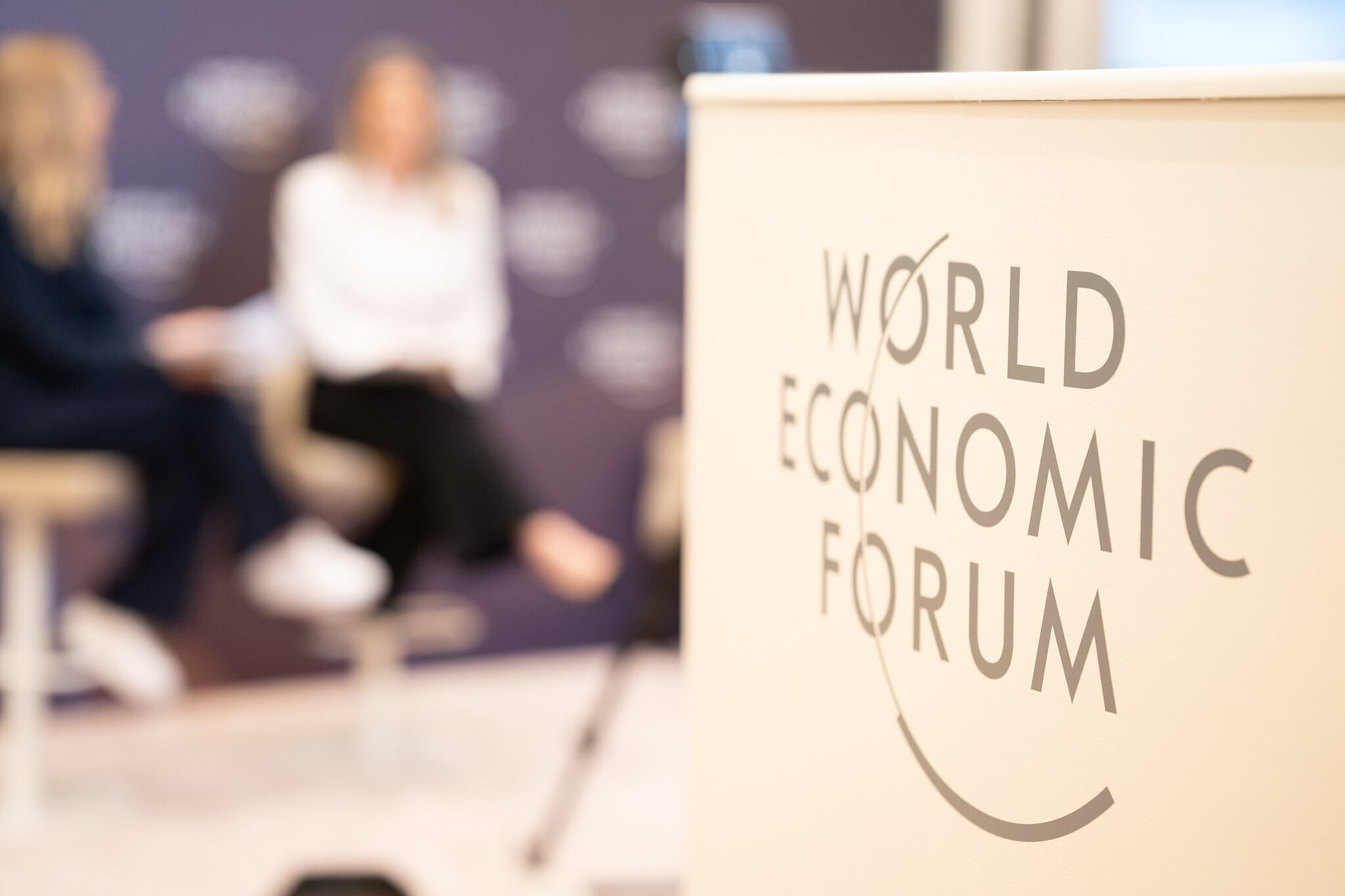
Resilience in the Middle East for 2025
The year 2025 will be remembered as one of reckonings: on technology, the climate, trade, the economy and conflict. The Middle East and North Africa region is no different – in fact, the ...
Maroun Kairouz serves as Managing Director at the World Economic Forum, where he leads the Centre for Regions, Trade and Geopolitics. In this capacity, he oversees the Forum’s global engagement with the public sector and shapes its agendas on trade, investment, and geopolitical affairs. His leadership is instrumental in fostering collaboration between governments and international organizations to address pressing global challenges.
Prior to his current role, Kairouz held several key positions within the Forum, including Director for the Middle East, Deputy Director for Europe & Eurasia, and Special Assistant to the President.
Before joining the Forum, Kairouz held leadership roles at Oxfam, the Central Bank of Lebanon, and Procter & Gamble, bringing a diverse background spanning the public sector, international development, and the private sector.
He holds a Master's degree in Economics of International Trade and an Executive Master's in Global Leadership, equipping him with a robust understanding of global economic systems and leadership dynamics.
The year 2025 will be remembered as one of reckonings: on technology, the climate, trade, the economy and conflict. The Middle East and North Africa region is no different – in fact, the ...
Recent global events have reinforced the urgency of addressing climate challenges head-on, and there are few regions where this is more apparent than in the Middle East and North Africa (...
中東・北アフリカ地域(MENA)は、紛争から経済的苦境、人道問題、深刻化する気候変動問題まで、さまざまな課題に直面しており、結束力の欠如がすべてを悪化させています。サウジアラビアのリヤドで開催される、世界経済フォーラムの「開発に向けたグローバル・コラボレーション、およびエネルギー」特別会合が強調するように、こうした状況を乗り切るだけでなく、「インテリジェント・エコノミーの...
Khalil Gibran, a poet from my own village, once said, "Progress lies not in enhancing what is, but in advancing towards what will be."
The Middle East and North Africa region (MENA) faces multiple challenges, from conflict to economic woes, humanitarian problems, and mounting climate-related issues, all of which are exac...
Robust dialogue is the only way to navigate turbulent times and find a path to a more sustainable, equitable future for the planet and its people.
The severity of the fractures and their rapid spread across the region, following Hamas’s coordinated attacks on 7 October, 2023, underscores their deep roots and the need for more than t...
Technology-based decarbonisation solutions are expected to be a crucial part of decarbonisation in the Middle East and North Africa (MENA) because of the region’s climate and natural reso...
The world is facing an energy trilemma of access, cost and emissions. As we drive towards a decarbonised future, we are also witnessing more frequent blackouts and fuel-price spikes from ...
At a time when the outlook for the global economy is at its weakest since 1990, recent research from World Economic Forum (WEF) identifies new trends that outline key growth markets that ...
The Middle East and North Africa (MENA) was rarely out of the news during 2022, whether it was Qatar’s hosting of the World Cup and with it the region’s football dreams or the Arab States...
As the United Nations COP27 climate summit kicks off this week in Sharm el-Sheikh, Egypt, the global spotlight turns to the Middle East and North Africa (MENA).
It will take 115 years to close the gender gap in the Middle East and North Africa according to the World Economic Forum’s Gender Gap Report.
The Middle East is still trying to chart its own path in the context of global geopolitical shifts, which are further compounded by the disruptive impact of the COVID-19 pandemic. Indeed,...
On 9 December 2017 Iraq’s prime minister, Haider al-Abadi, formally declared victory in the country’s protracted war on ISIS. Just a few months before, in September, Lebanon had cleared i...













